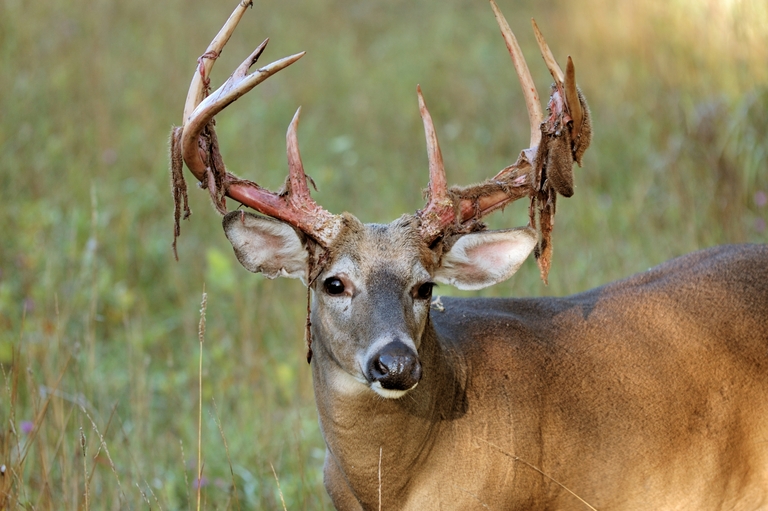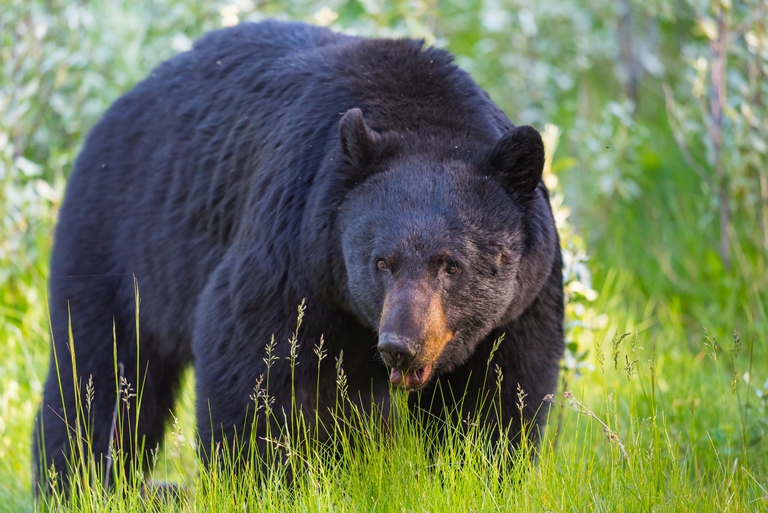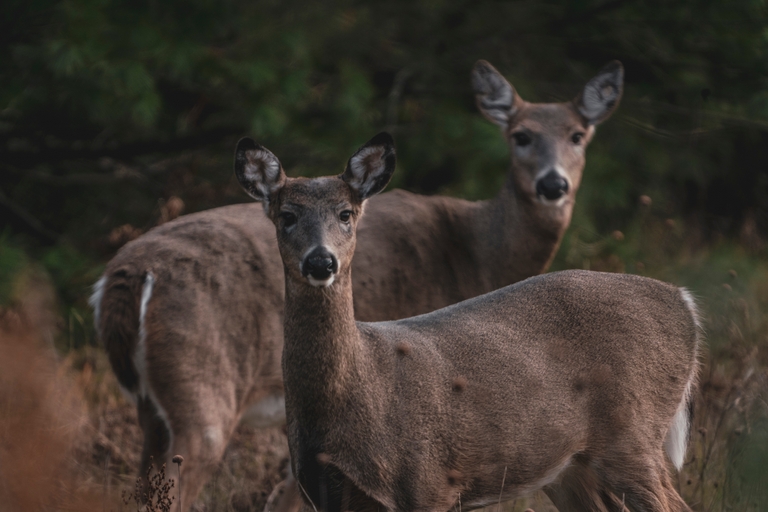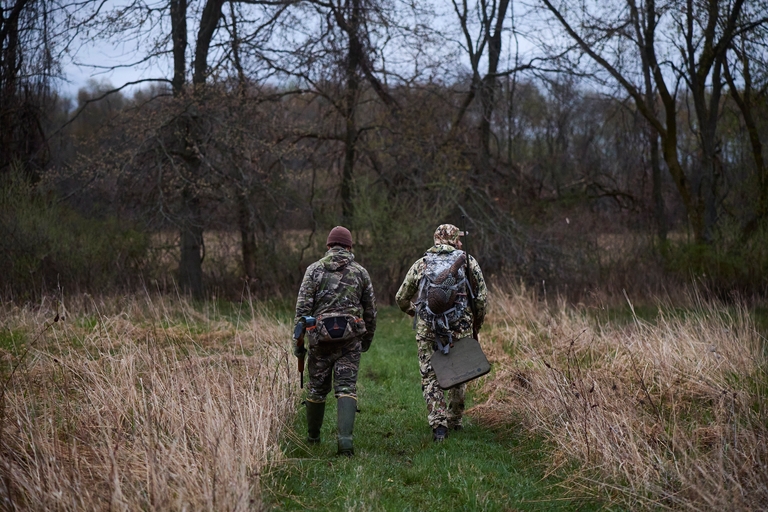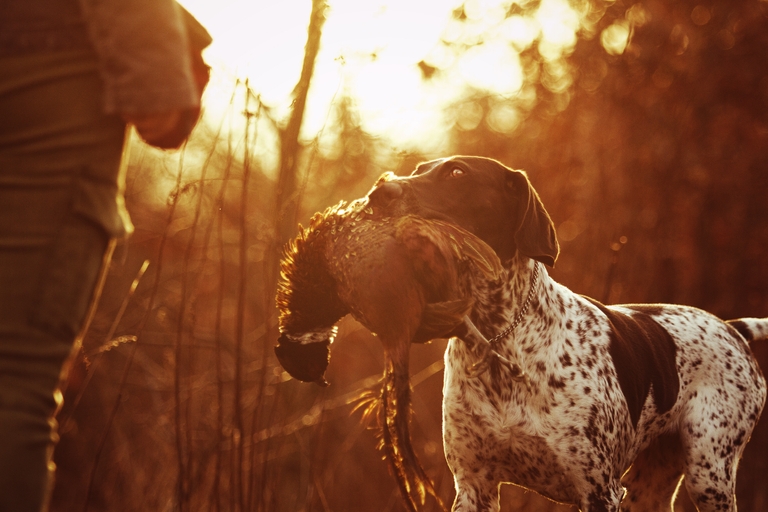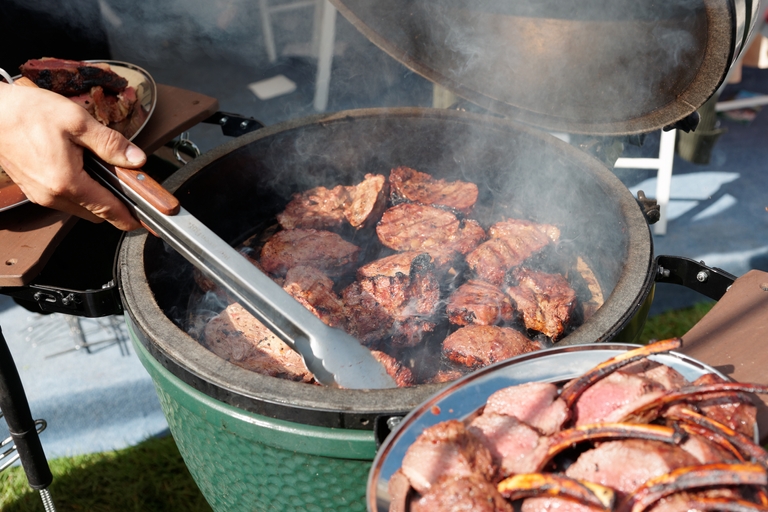How Hunting is Conservation: A Video
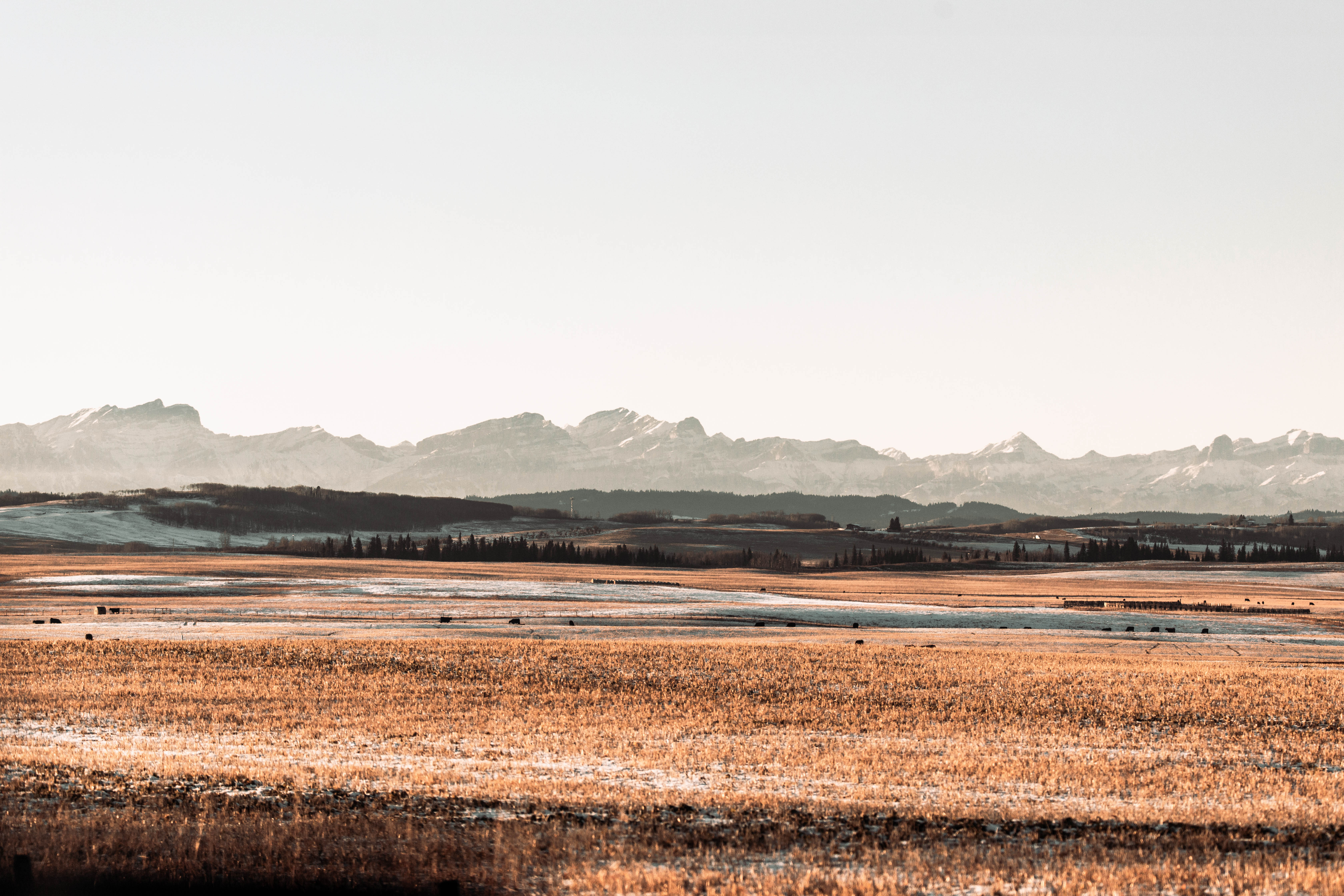
Hunting is a responsibility and a privilege. How hunters approach tracking and killing animals for food is crucial not only to the longevity of legal hunting but also to the longevity of some species we hunt and the land on which we hunt.
However, those who do not hunt – and who may even oppose hunting – may not see hunting as conservation. The "hunt" is not only about killing animals. It's about becoming more in tune with your surroundings and living a lifestyle of self-sufficiency through providing food for our families.
So, how are hunters conservationists? Our Hunter-Ed courses teach ethical and responsible hunting, and understanding the concepts should be part of every hunter's education. Keep reading as we share more insights and a video about how hunting is conservation.
The Rocky Mountain Elk Foundation created this incredible video. It's a reminder of the important responsibility of each and every hunter to ensure wildlife and their habitats persist for the next generation.
Every Hunter Has an Important Responsibility
The Rocky Mountain Elk Foundation created an incredible video about how conservation and hunting go hand in hand. Watch this short video below!
This video reminds us of the important responsibility of each hunter to ensure the persistence of wildlife and their habitats for the next generation.
Hunting Isn't New
Hunters have been hunting for hundreds of years. It's not a new fad or an emerging way to enact violence on animals. Instead, it started as a necessity and the only way to provide food for families – before we had mass market grocery stores as the primary way to "hunt and gather" our food.
Buying groceries from an organic food market is not the only way to put organic, less-processed food on your table. Before organic grocery stores, people hunted for "natural," sustainable food sources and grew their own vegetables.
So, as this tradition continues today, we must help people remember that while the idea of eating "organically" may be a trend, it's not a new way of life. It started years and years ago by hunting the land.
Hunters Must Be Conservation Leaders
Hunters were among the first to raise the importance of protecting wildlife habitats. We understood the importance of protecting animals and the land to ensure a continual resource for being outdoors and providing food.
We must become leaders to help others see the importance of conservation and our part in actively promoting it.
Fees from hunting licenses that go toward conservation efforts are just a small part of how hunters positively impact animal populations and land to ensure others who come after us can experience the privilege of wildlife and hunting. Hunters must demonstrate a commitment to conservation and preservation to lead by example.
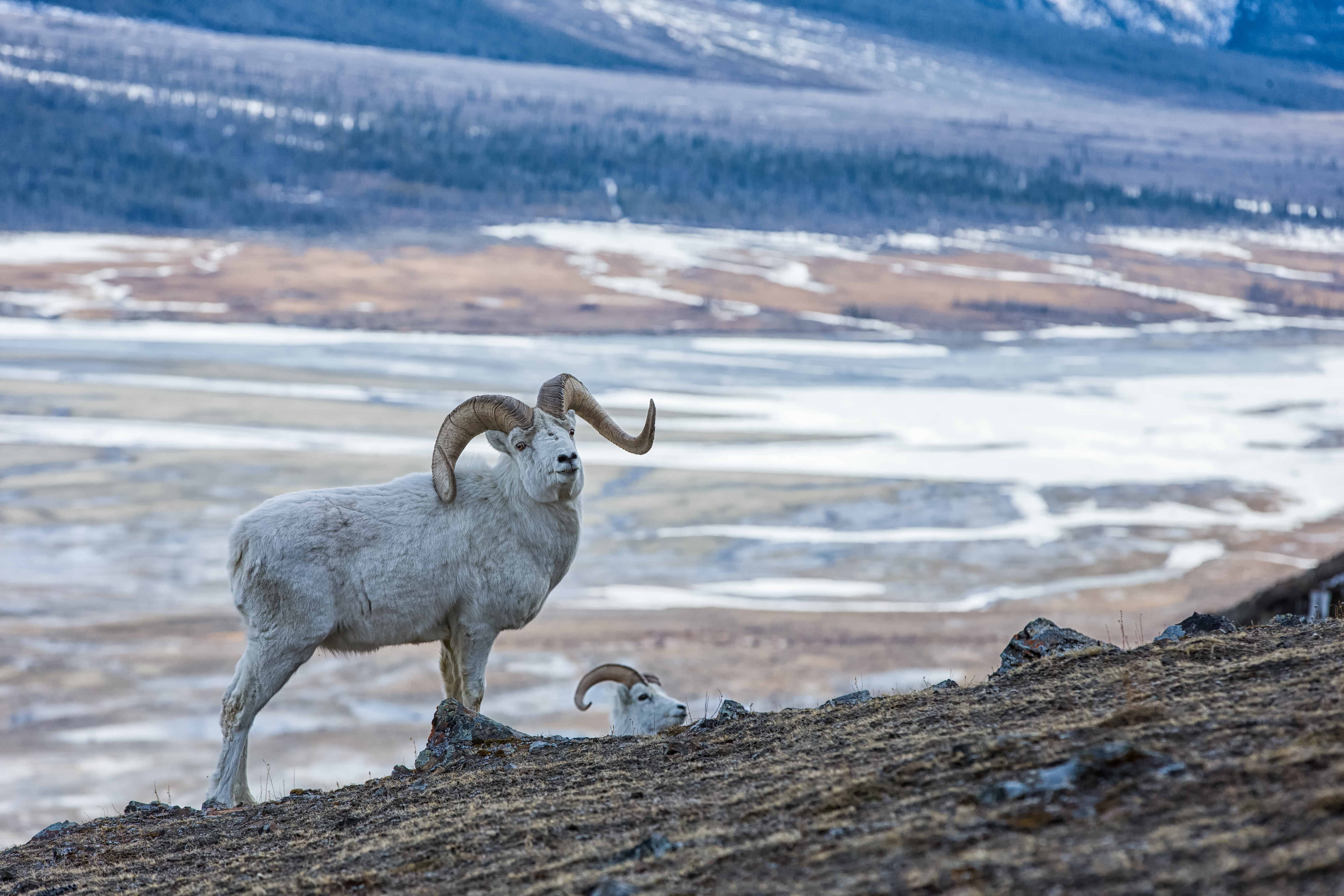
Learn How to Be a Responsible Hunter through Hunter-Ed
We've only touched on a few key highlights of the connection between hunting and conservation today. However, hunting is conservation, and it's crucial to participate in each of your hunts with that premise in mind.
Understanding your role in preserving wildlife and land can help you have a better experience each time you hunt. You'll also be able to talk with those who don't understand or approve of hunting, helping them understand your commitment to sustainable food sourcing, tradition, and conservation.
Hunter-Ed wants everyone to stay safe in the field and appreciate the privilege we have in the U.S. to hunt our land. So, if you don't have your hunter safety certification yet, or you want to help your family or friends learn more about hunting safely, find the course for your state and start learning.
Originally published February 18, 2016. Content updated April 26, 2024.

